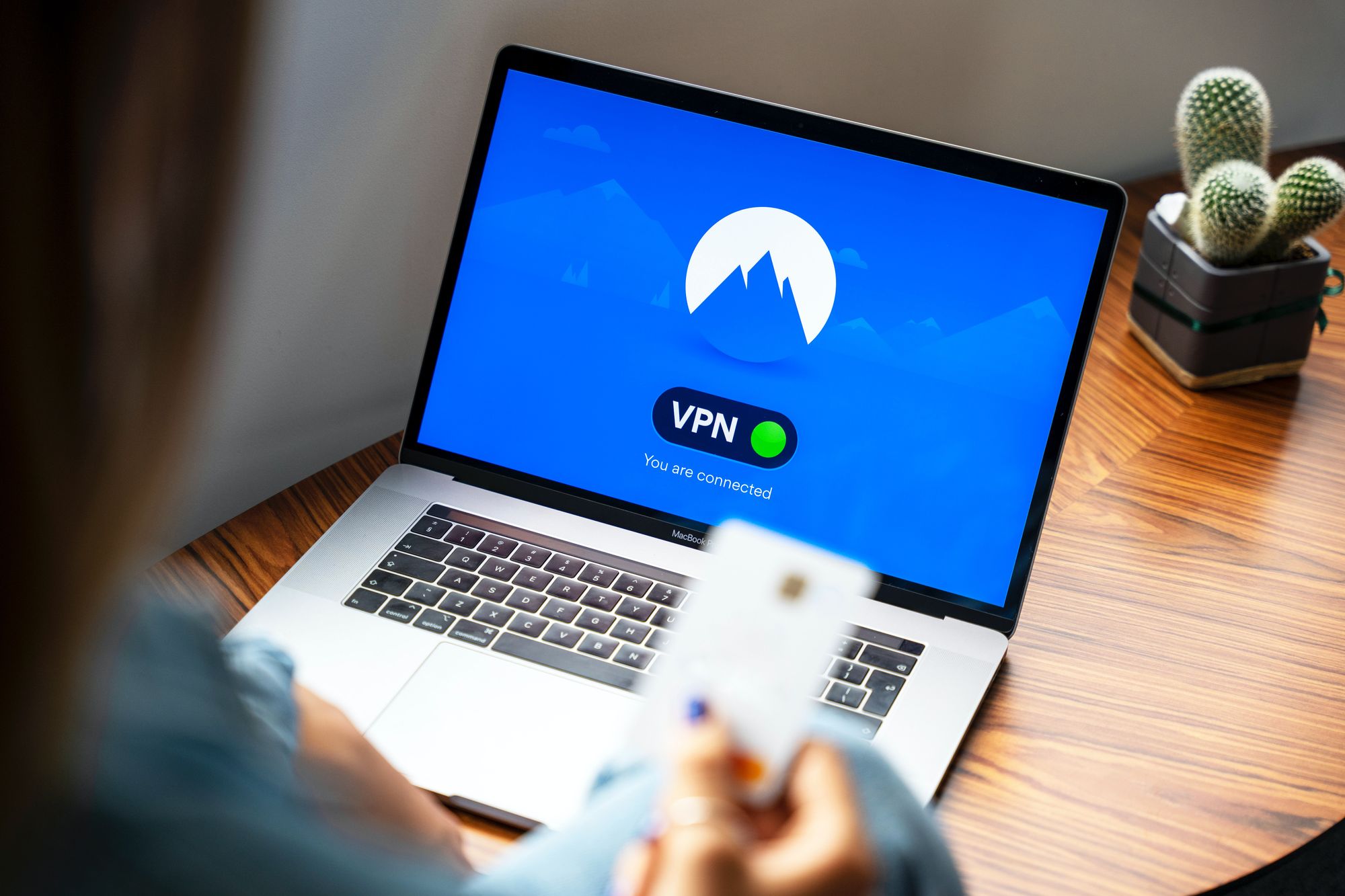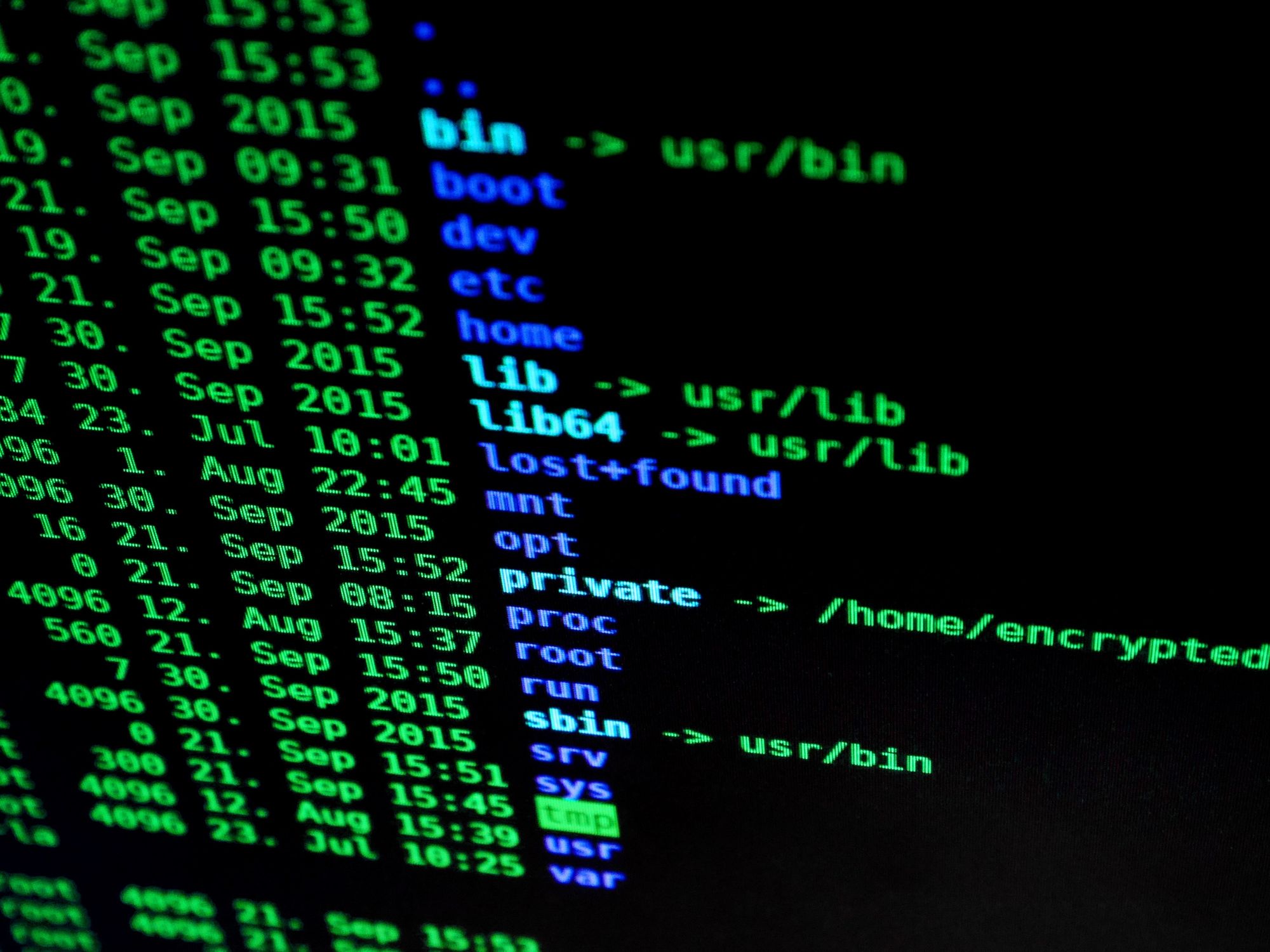Small businesses are often the target of cyber attacks due to their lack of robust security systems. Cybersecurity for small businesses is essential to protect sensitive data and prevent financial losses. According to the National Cyber Security Alliance, 60% of small companies go out of business within six months of a cyber attack.
Implementing cybersecurity best practices and tools can help small businesses protect themselves from cyber threats. Some of the best practices include using strong passwords, regularly updating software, and enabling two-factor authentication. Additionally, small businesses can use VPNs to secure their online activities and password managers to store and manage their passwords securely.
Small businesses must prioritize cybersecurity to protect their sensitive data and maintain their reputation. By implementing best practices and using the right tools, small businesses can safeguard themselves against cyber attacks and ensure their longevity in the market.
Understanding Cybersecurity for Small Businesses
Why Cybersecurity is Important for Small Businesses
Small businesses are often the target of cyber attacks because they may have weaker security measures in place compared to larger companies. Cybersecurity is important for small businesses because a breach can result in the loss of sensitive information, damage to reputation, and financial losses. It is crucial for small businesses to take proactive measures to protect their systems and data.
Common Cybersecurity Threats for Small Businesses
Small businesses face a variety of cybersecurity threats, including phishing attacks, malware, ransomware, and social engineering. Phishing attacks are emails or messages that trick the recipient into providing sensitive information or clicking on a malicious link. Malware is software that is designed to damage or gain unauthorized access to a computer system. Ransomware is a type of malware that encrypts files and demands payment for their release. Social engineering is the use of deception to manipulate individuals into divulging sensitive information.
Consequences of Cybersecurity Breaches for Small Businesses
The consequences of a cybersecurity breach can be severe for small businesses. A breach can result in the loss of sensitive information, such as customer data or financial information. This can damage the reputation of the business and result in financial losses due to legal fees, fines, and lost business. Small businesses may also face legal action from customers or partners affected by the breach. To protect against these threats, small businesses should implement strong cybersecurity measures, such as using a Virtual Private Network (VPN) and password managers. A VPN encrypts internet traffic and helps protect against unauthorized access to sensitive information. Password managers help users create and store strong passwords, reducing the risk of a breach due to weak passwords. By taking these proactive measures, small businesses can better protect their systems and data from cyber attacks.
Best Practices for Small Business Cybersecurity
Small business owners often overlook cybersecurity, assuming that their company is too small to be targeted by cybercriminals. However, small businesses are just as vulnerable to cyber threats as large corporations. In fact, small businesses are often seen as easy targets by cybercriminals due to their lack of resources and security measures.
Employee Training and Education
Employees are often the weakest link in a company's cybersecurity defenses. It's essential to provide regular training and education to employees on how to identify and avoid cyber threats such as phishing emails, malware, and social engineering attacks. Employees should be taught how to create strong passwords and how to recognize and report suspicious activity.
Regular Software Updates and Patching
Outdated software and operating systems are a common entry point for cybercriminals. It's essential to keep all software and operating systems up-to-date with the latest security patches and updates. This includes not only computers but also mobile devices and other internet-connected devices such as printers and routers.
Strong Password Policies
Weak passwords are an easy target for cybercriminals. It's essential to implement strong password policies that require employees to use complex passwords and change them regularly. Password managers can be used to store and manage passwords securely.

Data Backup and Recovery Plan
Data loss can be devastating for a small business. It's essential to have a data backup and recovery plan in place to ensure that critical data can be recovered in the event of a cyber attack or other disaster. Regular backups should be performed and stored securely offsite.
Access Control and Privileged Access Management
Access control and privileged access management are critical components of cybersecurity. It's essential to limit access to sensitive information and systems only to those who need it. Privileged accounts should be closely monitored and audited regularly.
Network Security Measures
Network security measures such as firewalls, intrusion detection/prevention systems, and virtual private networks (VPNs) can help protect against cyber threats. It's essential to configure these systems correctly and keep them up-to-date with the latest security patches and updates.
Security Monitoring and Incident Response Plan
Security monitoring and incident response plans are essential for detecting and responding to cyber threats. It's essential to have a plan in place for responding to security incidents, including who to contact and what steps to take. Regular security audits and vulnerability assessments can help identify potential weaknesses in your security defenses.
Implementing these best practices can go a long way in protecting your small business from cyber threats. By taking a proactive approach to cybersecurity, you can help prevent data breaches and other cyber attacks that could have a devastating impact on your business.
Tools for Small Business Cybersecurity
Small businesses are often targeted by cybercriminals because they may have weaker security measures in place compared to larger organizations. Therefore, it is crucial for small business owners to invest in cybersecurity tools to protect their sensitive data and systems from cyber threats. Here are some essential cybersecurity tools that small businesses should consider:
Antivirus and Anti-Malware Software
Antivirus and anti-malware software are essential tools that protect your systems from malicious software. These tools scan your systems for viruses, malware, and other malicious software and remove them before they can cause any damage. Some popular antivirus and anti-malware software for small businesses include Norton, McAfee, and Kaspersky.
Firewalls
Firewalls are another essential tool for small business cybersecurity. Firewalls monitor and control incoming and outgoing network traffic to prevent unauthorized access to your systems. They act as a barrier between your internal network and the internet, blocking any unauthorized traffic from entering your systems. Some popular firewall software for small businesses include Cisco, Fortinet, and SonicWall.
Virtual Private Network (VPN) Software
VPN software is a must-have tool for small businesses that have remote workers or employees who work from home. VPNs encrypt your internet traffic and create a secure connection between your systems and the internet, which prevents unauthorized access to your data. Some popular VPN software for small businesses include NordVPN, ExpressVPN, and CyberGhost.

Email Security Software
Email security software protects your business from phishing attacks, spam emails, and other email-based threats. These tools scan incoming emails for malicious content and block any suspicious emails. Some popular email security software for small businesses include Barracuda, Mimecast, and Proofpoint.
Data Encryption Tools
Data encryption tools are essential for small businesses that deal with sensitive data such as financial information, customer data, and intellectual property. Encryption tools encrypt your data, making it unreadable to anyone who does not have the decryption key. Some popular data encryption tools for small businesses include VeraCrypt, BitLocker, and AxCrypt.
Multi-Factor Authentication (MFA) Tools
MFA tools add an extra layer of security to your systems by requiring users to provide two or more forms of authentication to access their accounts. This prevents unauthorized access to your systems even if a hacker has stolen a user's password. Some popular MFA tools for small businesses include Google Authenticator, Microsoft Authenticator, and Authy.
Security Information and Event Management (SIEM) Tools
SIEM tools are essential for small businesses that want to monitor their systems for security threats. These tools collect and analyze security-related data from different sources, such as firewalls, antivirus software, and intrusion detection systems. They then generate alerts if they detect any suspicious activity. Some popular SIEM tools for small businesses include Splunk, LogRhythm, and IBM QRadar.
Overall, investing in cybersecurity tools is essential for small businesses that want to protect their sensitive data and systems from cyber threats. VPNs and password managers are also great solutions that small businesses should consider to enhance their cybersecurity posture.









